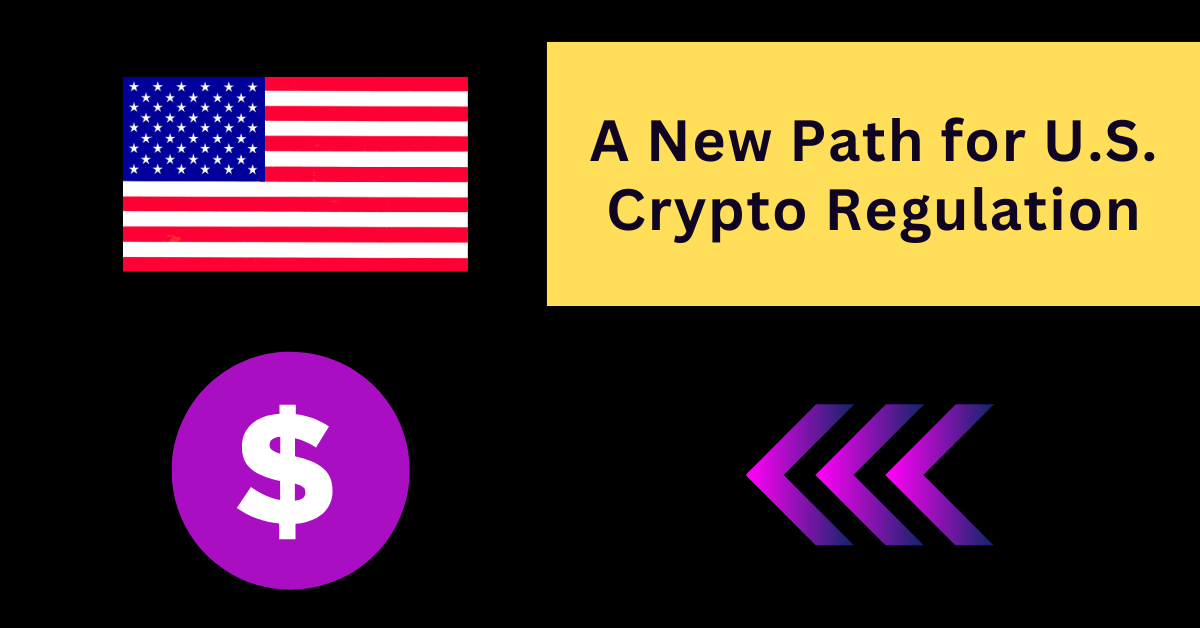The world of cryptocurrency is changing fast. With a new administration on the horizon, the U.S. Securities and Exchange Commission (SEC) has a golden opportunity to rethink its approach to crypto regulation.
Instead of sticking to the old ways of regulation by enforcement, the SEC can adopt a new, pro-innovation framework that will better support the growth of this dynamic sector.
At the core of the blockchain lies a concept known as a “hard fork,” a change that allows participants to agree on new rules for the network.
The SEC needs a similar transformation in how it handles cryptocurrency regulation. Here are four critical areas where reform can help foster innovation.
1. Clarifying Crypto Asset Issuance
Currently, every offer or sale of a security must be registered with the SEC unless it falls under an exemption. This rule creates confusion for crypto asset issuers.
Many are left unsure whether their assets qualify as securities. The existing registration process can be cumbersome and doesn’t suit the decentralized nature of many crypto projects.
The SEC has an opportunity to clarify the definition of what constitutes a security in the crypto space. Many of the most traded crypto assets resemble currencies or commodities more than traditional securities.
By clarifying that certain crypto assets are not automatically classified as securities, the SEC can eliminate unnecessary regulatory hurdles. This change would allow innovators to focus on building rather than worrying about legal risks.
2. Easing Staking Regulations
Staking is an essential part of proof-of-stake blockchain networks, where users lock their assets to help secure the network and earn rewards.
However, the SEC currently treats these staking arrangements as investment contracts, which complicates their operation. Many staking offerings are more akin to technical services than traditional investments.
The SEC should introduce a registration exemption for staking services. This would provide users with more access to crucial network services while ensuring compliance with regulations.
Such a move would encourage more people to participate in staking, strengthening the networks and the entire ecosystem.
3. Revamping Custodial Solutions
The SEC’s current stance on custodial solutions for crypto assets presents significant challenges. Many users prefer non-custodial wallets, while institutions often use custodial providers.
However, the SEC has raised concerns about non-custodial solutions, suggesting that developers are brokering securities transactions. This has created a chilling effect, discouraging potential custodians from entering the market.
By withdrawing lawsuits against non-custodial wallet providers and revising its stance on custody rules, the SEC can enhance the variety of custodial solutions available.
This will create a more secure environment for users, whether they prefer self-custody or institutional services.
4. Simplifying Trading Regulations
Crypto asset trading venues face numerous obstacles under the current regulatory framework. Operators struggle with unclear guidelines on whether assets initially sold as investment contracts can be traded on various platforms.
The registration requirements for exchanges do not align with how centralized and decentralized trading venues operate.
The SEC can take immediate action by withdrawing lawsuits against crypto trading platforms and proposing modifications to registration requirements.
This includes creating exceptions for unregistered securities and recognizing certain crypto assets as exempt from traditional restrictions.
Such reforms would provide much-needed clarity to the market, promoting a more vibrant trading environment.
Conclusion
As the cryptocurrency landscape continues to evolve, the SEC stands at a crossroads. By implementing a “hard fork” in its regulatory approach, the SEC can create an environment that encourages innovation and growth.
The proposed reforms will not only benefit issuers and users but also position the U.S. as a leader in the global crypto market.
Embracing change is essential for the future of crypto in America. Let’s hope the SEC seizes this moment to pave the way for a brighter, more innovative future.

